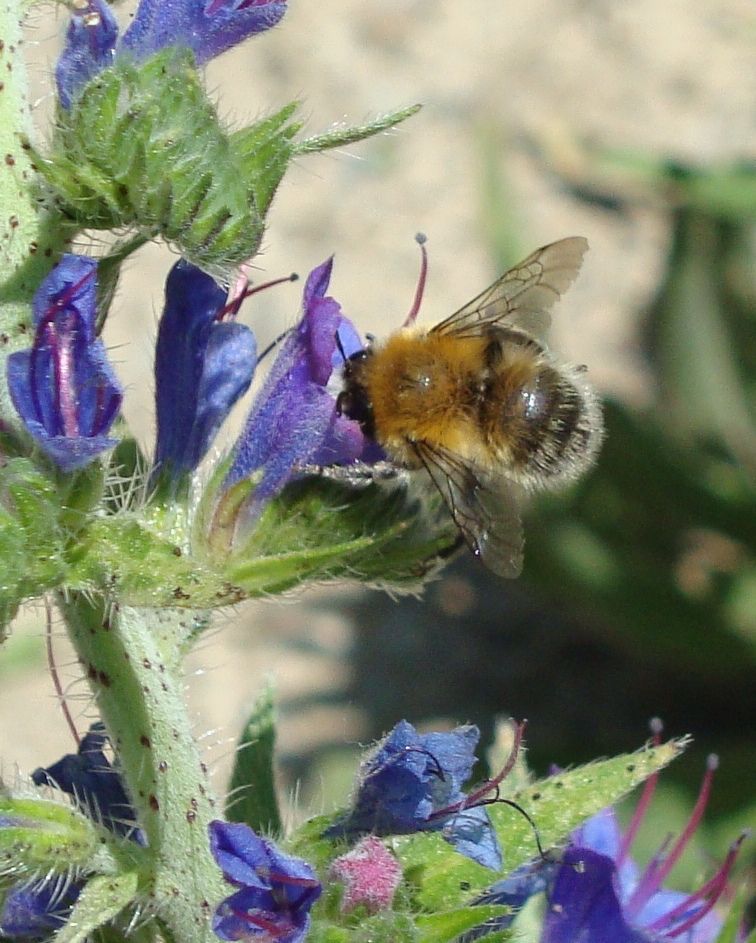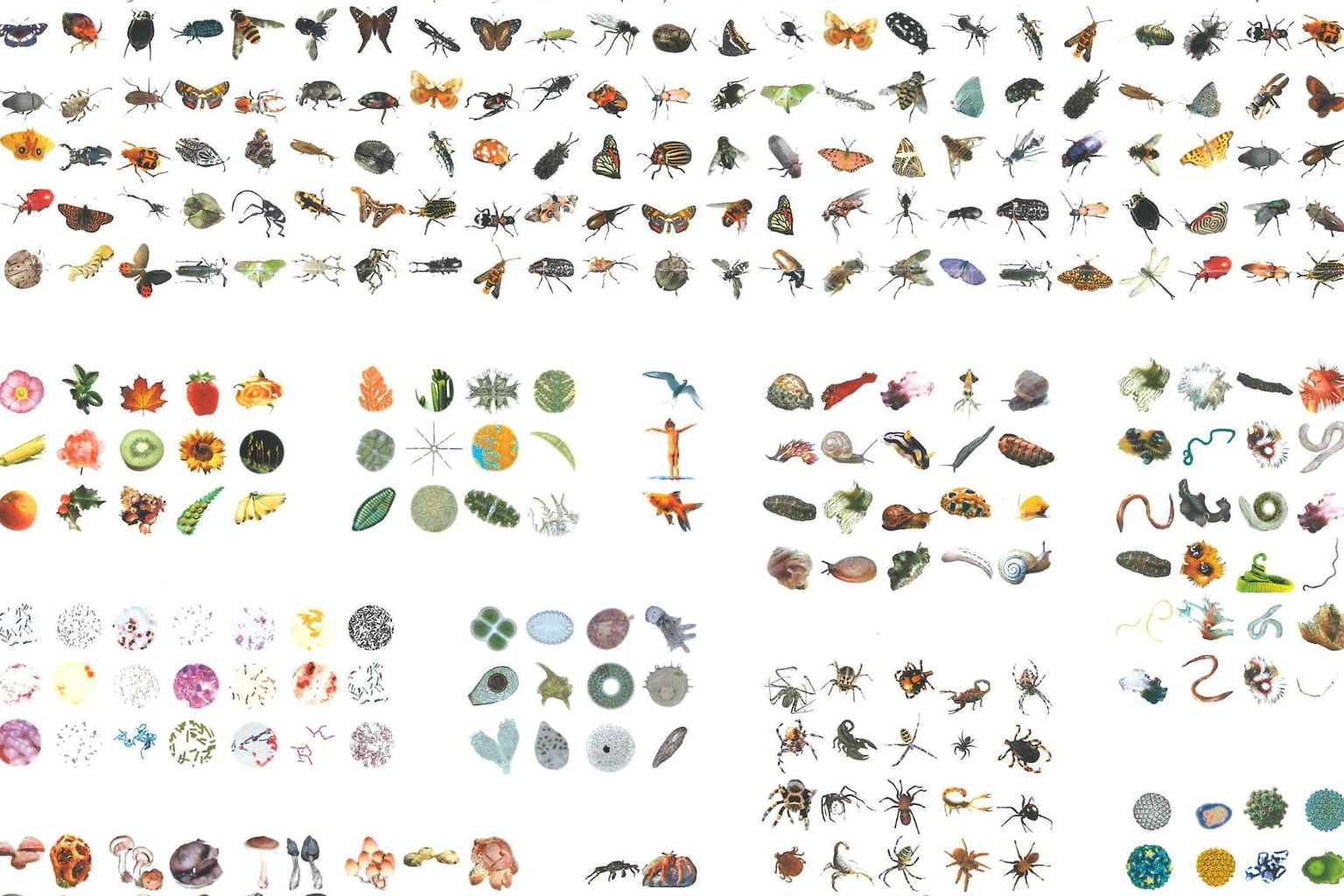Pollinators are in decline
The first report of the Intergovernmental Platform on Biodiversity and Ecosystem Services (IPBES) was published in February 2016. The IPBES member Markus Fischer of the University of Bern talks to us about its main topic, pollination.

What was the basis for producing a report on such a specific question? Isn’t it the role of the IPBES to provide general overviews?
The Platform aims to respond to questions that are of interest to governments, be they specific – such as the role of pollination in food production – or more general, such as the role of biodiversity and ecological services on the continental stage. A global report on this second topic is to be published in 2019.
What is the message contained in this year’s report?
There are three main messages. First, pollinators such as bees – whether wild or domesticated – are of great importance to global food production. Secondly, wild pollinators are in decline and bees particularly are under pressure. Finally, there are many possible paths to be taken by stakeholders.
Does it set forth any specific recommendations?
No. The IBPES is not a standard-setting organisation; it prefers to propose options. In this example, to reduce the harmful effects of pesticides or to capitalise on the advantages of organic farming.
The IBPES has been compared to the oft-criticised IPCC. What do you do differently?
One difference is that our platform aims to respond to those specific questions raised by government representatives. It is vital that we obtain external legitimacy: not just in academia, but also in politics.
Other critics claim you overlook other agricultural and environmental actors.
Our reports are written not just by researchers but also by people with traditional and local knowledge.
Source of the interview: magazine Horizons, Nr. 109, june 2016



